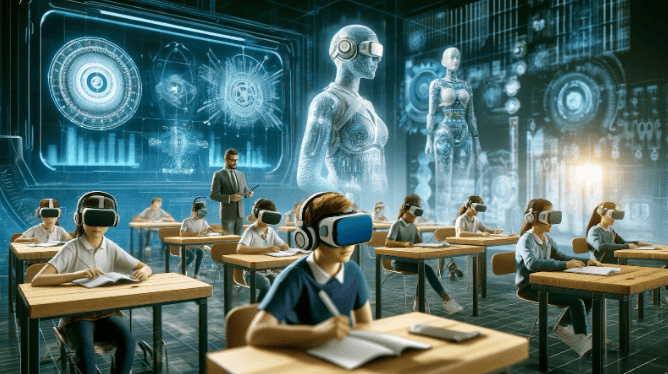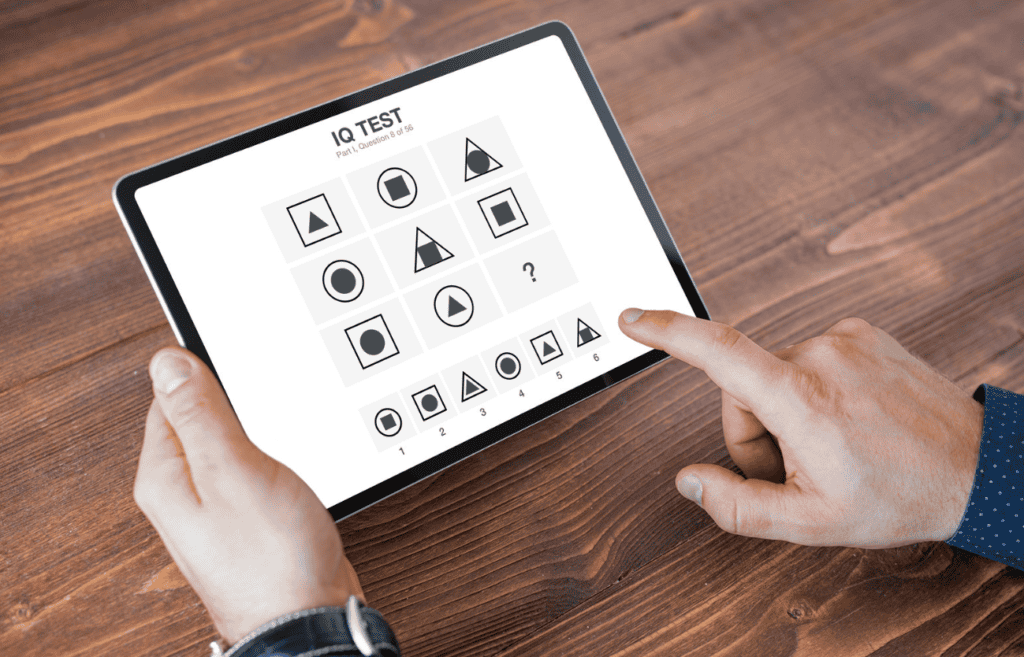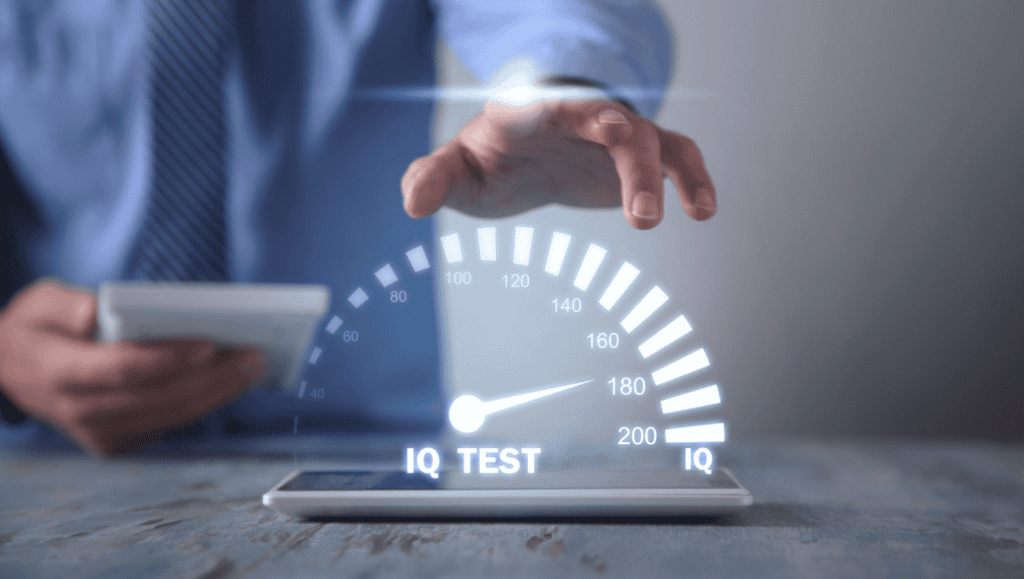Intelligence Quotient (IQ) tests have long been a staple in educational and psychological assessments, serving as a measure of a person's intellectual abilities and potential.
Table of Contents
Traditionally, these tests have been used to identify students who might benefit from special education services or those who are gifted. However, the role of IQ tests in the school system is evolving.
This blog explores the future of IQ tests, their potential transformations, and how they could impact the school system in the coming years.

Current Use of IQ Tests in Schools
IQ tests are currently used in many schools to:
- Identify Learning Disabilities: These tests help in diagnosing specific learning disabilities, allowing educators to develop appropriate educational strategies.
- Gifted and Talented Programs: They are pivotal in selecting students for these programs by identifying higher cognitive skills.
- Tracking Academic Progress: Schools sometimes use IQ tests to gauge the intellectual development of students over time.

Despite these uses, IQ tests have been criticized for various reasons, including cultural bias and their inability to measure other types of intelligence, such as emotional or social intelligence.For example, WorldIQTest tests are used to test children at a school in our district.
Criticisms and Limitations
- Cultural Bias: Critics argue that IQ tests may favor certain cultural or socio-economic groups due to the nature of the questions.
- Narrow Scope of Intelligence: These tests traditionally focus on logical reasoning and verbal ability, neglecting other forms, such as creative or practical intelligence.
Evolving Perspectives on Intelligence
Recent theories and research suggest that intelligence is much more multifaceted than previously thought. This has led to an expansion of the concept to include multiple intelligences, such as:
- Emotional Intelligence: The ability to understand and manage one's own emotions and the emotions of others.
- Creative Intelligence: The capacity to think in new and novel ways.
- Practical Intelligence: Often referred to as “street smarts,” this involves finding solutions to real-world problems.
This broader understanding of intelligence is beginning to influence how IQ tests are perceived and used in educational settings.
Technological Advances Impacting IQ Testing
Technology is set to revolutionize IQ testing in several ways. Here are some key advancements:
- Digital Formats: Traditional paper-and-pencil tests are being replaced by digital platforms that can dynamically adjust the difficulty of questions based on the test-taker's responses.
- Artificial Intelligence (AI): AI can help create more personalized and adaptive testing experiences, potentially reducing cultural and socio-economic biases.
- Data Analytics: Enhanced data collection and analysis can provide a deeper understanding of a student's intellectual capabilities and learning needs.
These technological advancements could lead to more accurate and fair assessments, tailoring educational experiences to individual needs.
Future Role of IQ Tests in the School System
As we move forward, the role of IQ tests in the school system is likely to undergo significant changes:
More Inclusive and Comprehensive Assessments
Future IQ tests might include measures of multiple intelligences, providing a more holistic view of a student's capabilities. This could help in crafting more personalized educational programs that cater to a broader range of talents and skills.
Reduced Emphasis on Standardized Testing
There is a growing movement towards reducing the reliance on standardized tests in educational settings. Future uses of IQ tests might shift towards more formative, less high-stakes roles, where the focus is on guiding educational strategies rather than gatekeeping educational opportunities.
Integration with Continuous Learning Feedback Systems
IQ tests might be integrated into continuous feedback systems, where they are one of many tools used to monitor and support a student's learning journey. This would represent a shift from a static, one-time assessment to a more dynamic, ongoing process.

Challenges and Considerations
Despite the potential benefits, there are several challenges and considerations that need to be addressed:
- Ethical Concerns: The potential for misuse of IQ test results remains a significant concern, particularly regarding privacy and the stigmatization of students based on their results.
- Access and Equality: Ensuring that all students have equal access to the benefits of advanced testing technologies is critical.
- Teacher Training: Educators will need training and resources to interpret IQ test results effectively and use them to enhance teaching strategies.
Final Words About IQ Tests
The future of IQ tests in the school system is likely to be marked by significant changes. With a shift towards more comprehensive and technologically advanced assessments, these tests could offer more accurate and useful insights into student abilities.
However, it will be crucial to address ethical, access, and training issues to ensure that IQ testing contributes positively to educational outcomes.
In essence, as we look towards the future, the role of IQ tests should be reimagined to align with a more nuanced understanding of intelligence and learning. This alignment could pave the way for a more inclusive, effective, and holistic educational system.



